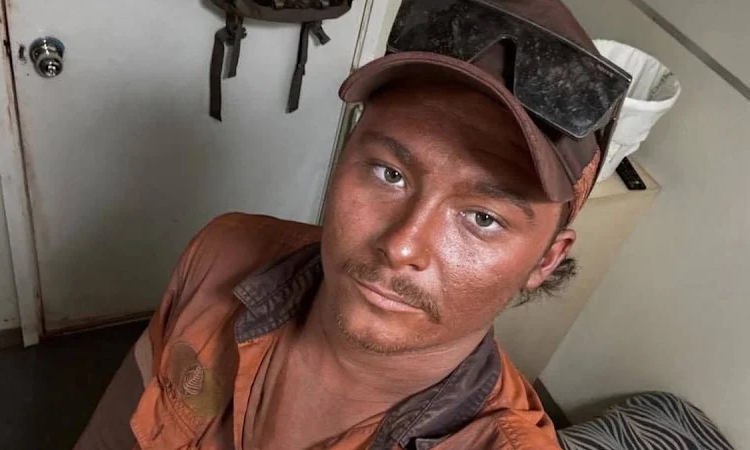23-year-old Byron Haddow, from Queensland, Australia, died in a swimming pool in May while on vacation in Bali, Indonesia. His body was returned to Australia 4 weeks later, where an autopsy revealed his heart was missing.
"Two days before our son's funeral, the Queensland coroner informed us that his heart had been removed and retained in Bali. We were not aware of this, did not consent to it, and cannot justify it on any legal or ethical grounds. It's inhumane," Haddow's parents said.
"I feel like something is amiss, as if something happened to my son before the incident in the pool," said Chantal Haddow, Byron's mother.
 |
Australian citizen Byron Haddow. Photo: *9News* |
An Australian Department of Foreign Affairs and Trade spokesperson said on 23/9 that they are providing consular assistance to the Haddow family on this matter, but could not comment further.
Australian diplomats in Bali and Jakarta have contacted the Indonesian government about the issue. The Australian Consulate-General in Bali has also relayed the Haddow family's questions to the local hospital where the autopsy was performed.
However, forensic pathologist Nola Margaret Gunawan, who conducted the autopsy, denied any wrongdoing.
"His heart was examined and retained when the family repatriated the body. I provided the autopsy results and explained the procedure to the family, and they accepted my explanation," Dr. Gunawan told Australian media on 22/9.
Dr. Gunawan explained that under the Indonesian Code of Criminal Procedure, retaining organs during a forensic examination does not require the consent of relatives.
"Retaining organs to determine the cause of death in a forensic autopsy is standard practice worldwide," Dr. Gunawan said.
Ngoc Anh (*AFP, 9News, ABC Australia*)












